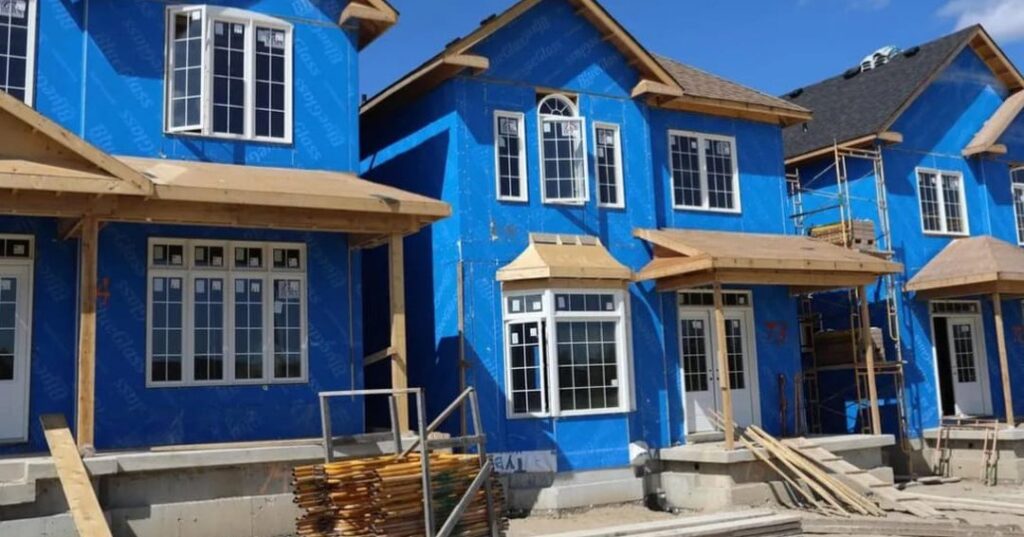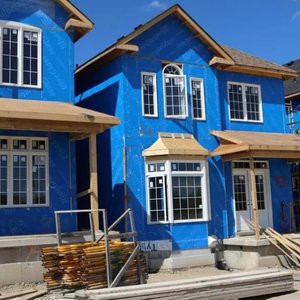What does pre-construction assignment sale mean?
What does pre-construction assignment sale mean? A pre-construction assignment sale occurs when a unit’s initial buyer sells their contract to a new bidder before the original buyer takes ownership of the property. Smith makes the choice to purchase a pre-construction property in Toronto. In light of the fact that neither the building nor the registration for it exists at the time of the signing of the Agreement of Purchase and Sale, what he is actually purchasing is the contract for his new home. Smith buys a one-bedroom condo in a new 25-story building that is still under construction. The project is expected to be finished in four years. The developer has included in the Agreement of Purchase and Sale that can sell or transfer the contract for the pre-construction one-bedroom flat to a new buyer before he is required to take possession. Smith meets the woman of his dreams during those four years, and the two of them go on to start a family. He suddenly realised that he doesn’t require the one-bedroom condo in the new condo complex. So, now what? He can also find a new buyer for his condo unit and transfer the contract to them before he moves in. A pre-construction assignment sale is exactly what it sounds like. Smith, the original buyer of the pre-construction contract, is selling it and will find a new buyer, Jane Doe, to buy it from him. All costs and legal obligations associated with the pre-construction one-bedroom condo previously described are now the responsibility of Jane Doe as the new owner. Smith and Jane Doe should consult a real estate agent and a lawyer who is experienced in real estate transactions to help them through the process. Now that the closing costs have been eliminated, Smith will save thousands of dollars, and may even be able to turn a profit on the sale. However, in order for this transaction to go through, Smith will need to pay a small fee back to the developer, as detailed in the Agreement of Purchase and Sale. And with that, Jane Doe has become the legal owner of the pre-construction condo unit of her dreams, a one-bedroom unit that has never been lived in before. More high-rise residential buildings have been built in tandem with the continued population growth in Toronto, the GTA, and the neighbouring municipalities Local real estate markets have been propelled by people buying properties in the pre-construction phase. Most prospective homebuyers are drawn to investment properties because of their lower prices and the chance of building equity before moving in.
What does pre-construction assignment sale mean? Read More »









